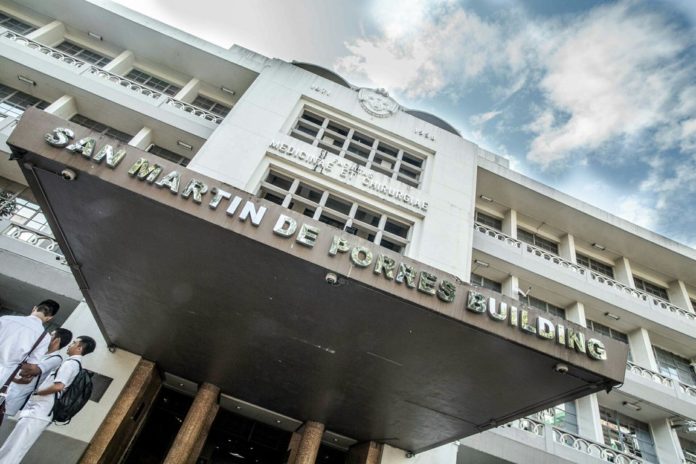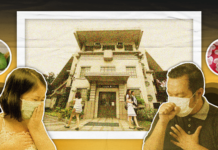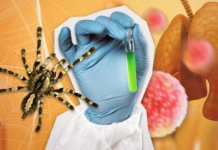A STUDY GROUP from the UST Faculty of Medicine and Surgery has proposed a “war plan” to combat Covid-19 through herd immunity.
The strategy of the UST Covid-19 Study Group, dubbed “War Plan Mayon,” is based on the natural adaptive immunity of a person to defeat the virus through antibodies and will reduce the need for mass testing.
“[Since] we cannot see the virus, we have to do mass testing of those who are asymptomatic. [In our] plan, we don’t need to test asymptomatic [persons] as we allow natural exposure,” they said.
Antibodies are small protein molecules produced by the immune system. They bind to antigens, molecules foreign to the body, and enhance the ability of the immune system to get rid of them.
“If a person has immunity to a disease, he or she can no longer contract and develop the illness,” Dr. Philipp Po, one of the group’s members, told the Varsitarian in an online interview.
“By allowing non-vulnerable people to be naturally exposed to the virus and develop natural adaptive immunity, we increase our level of herd immunity, and lower the transmission of disease,” he added.
The Covid-19 Study Group is composed of Dr. Peter Ng, Dr. Philipp Po, Dr. Mary Jocelyn Laygo, Dr. Redario Laygo, and Ricsoon Radam.
‘Unorthodox approach’
Under the plan, those who are classified as “combatants,” or healthy and able individuals, should be allowed to return to work and provided health care.
The “non-combatants,” or those vulnerable and of high risk to Covid-19, should be given “absolute full protection” in their respective households.
The plan also calls for field hospitals for Covid-19-positive patients who are asymptomatic, pre-symptomatic, and mildly symptomatic, to prevent them from becoming severe or critical cases that will overwhelm regular hospitals.
Hospitals can then divide their wards or buildings to continue serving non-Covid-19 cases.
The name “War Plan Mayon,” after the active volcano in Albay, revolves around the idea of “burning down” the virus until there are no hosts left for the chain of infection to continue, the group said.
The group admitted that the plan is an unorthodox approach to addressing the Covid-19 pandemic, but said Filipinos should take the opportunity to think outside the box.
Savings for gov’t
Sweden is experimenting with herd immunity, but experts have pointed out that there are risks and that allowing health people to be infected should be a long-term strategy.
READ: https://time.com/5825386/herd-immunity-coronavirus-covid-19/
The UST group has sent its proposal to the Department of Health and the Inter-Agency Task Force for the Management of Emerging Infectious Diseases, which is leading the country’s Covid-19 response.
The herd immunity plan, the group said, prioritizes public health while ensuring economic growth under the enhanced community quarantine.
By allowing “combatants” to work, the government will be able to save money on its social amelioration program and other costs.
Vaccination costs will also down when a vaccine becomes available, because the population will have acquired natural immunity from the disease, the group said.













